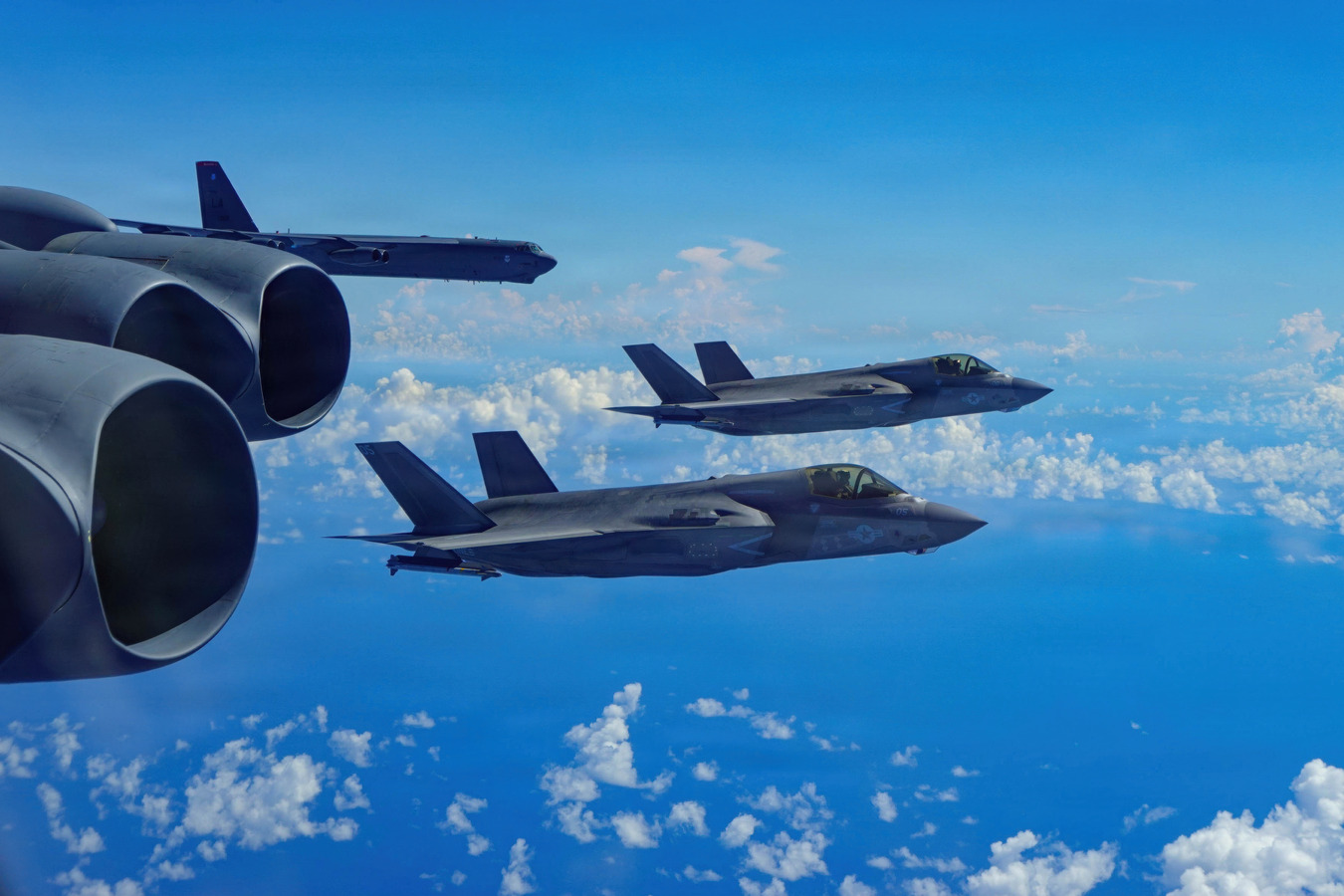As Chávez Announces Successor, Venezuela Heads for Regional Elections
As Chávez Announces Successor, Venezuela Heads for Regional Elections
President Hugo Chávez designated his vice president as his successor a week before December 16 gubernatorial elections could test the ruling party’s strength and the opposition’s unity.
With President Hugo Chávez’s December 8 announcement naming Vice President Nicolás Maduro as his successor, repercussions seem likely for the December 16 elections and the opposition’s future. After months of providing very little information to the public about his illness, Chávez explained on Saturday that his cancer had returned and he may not be able to take office on January 10. Under the Venezuelan constitution, Maduro would take office should Chávez no longer be able to govern, and new elections must be held within 30 days should this occur during the first four years of Chávez’s six-year term. The president also voiced support for Maduro to run for the United Socialist Party of Venezuela (PSUV) ticket should he have to take over. “[Chávez] gave Maduro the gift of a lifetime, saving him from what would have been his first potential crisis as presidential candidate, namely internal sabotage,” writes political scientist Javier Corrales in an Americas Quarterly web exclusive. The news comes a week before regional elections will take place, with candidates running for governor in all 23 states as well as 229 local legislative positions.
Chávez’s move to consolidate power within his party could impact Sunday’s elections, observers say. Venezuelan political analyst Maria Teresa Romero noted that Chávez’s announcement could be a political tool as the PSUV rallies support during the last days of the state campaigns. “Maybe his health isn’t terminal and by presenting it as such, chavistas are seeking to add drama and emotion to the current campaign to help their gubernatorial candidates,” she wrote for Infolatam. Writing for Caracas Chronicles, Juan Nagel notes that Chávez left “no wiggle room” in his party. “He called for unity among his ranks, foreshadowing the obvious infighting that will surely ensue,” Nagel explained.
Since Chávez won the presidential elections in October in all but two states, the PSUV could further extend its power by defeating current Coalition for Democratic Unity (MUD) governors, who occupy eight of 23 governorships. Last week, pollster Hinterlaces predicted PSUV victories in eight states, including Carabobo, Miranda, and Táchira—three states currently governed by the opposition. In Carabobo state, opposition governor Henrique Salas Feo trails PSUV candidate Francisco Ameliach by 18 points according to Hinterlaces and by 13 points according to Ivad. In Táchira, an opposition stronghold, Hinterlaces gave PSUV candidate José Vielma Mora an advantage of 48 percent versus 37 percent for current opposition Governor César Pérez Vivas.
One of the biggest electoral battles will take place in Miranda state. Former Vice President Elías Jaua, running for the ruling party, met with PSUV candidates on December 9 and called for party unity. “We’re obligated more than ever to win the 23 governorships, since this way they cannot be used as an instrument of destabilization [or] fragmentation,” he said. Jaua faces the current governor and MUD candidate Henrique Capriles, who lost the presidential race to Chávez in October. A December Hinterlaces poll puts Jaua ahead by 5 points, though an IVAD survey, also from this month, shows Capriles at an advantage with 51 percent versus 28 percent for Jaua. Responding to Chávez’s announcement, Capriles said: "This is not Cuba, nor is it a monarchy where a king designates the next king. The last word belongs to the people."
The sense of uncertainty in the country’s leadership could also cause fissures within the opposition, warn some analysts. The Miranda race is particularly key, since Capriles could become a presidential candidate once again. “If Capriles loses [the governorship], there will be a battle in the opposition, a struggle for power, and the leaders will call for a change,” pollster Luis Vicente León told The New York Times.
- Former Colombian President César Gaviria called for Colombia to decriminalize marijuana, urging the country not to wait for policy change in the United States. “Systems that regulate [drugs] work better,” he told RCN Radio on December 10.
- Ecuadoran President Rafael Correa denied that his government was negotiating asylum for Syrian leader Bashar Al Assad, but said he would consider it should the request be made.
- For the first time in 30 years, the Peruvian government raised salaries for members of the armed forces and police. On December 9, President Ollanta Humala announced the wage increase, apologizing that it took so long.








